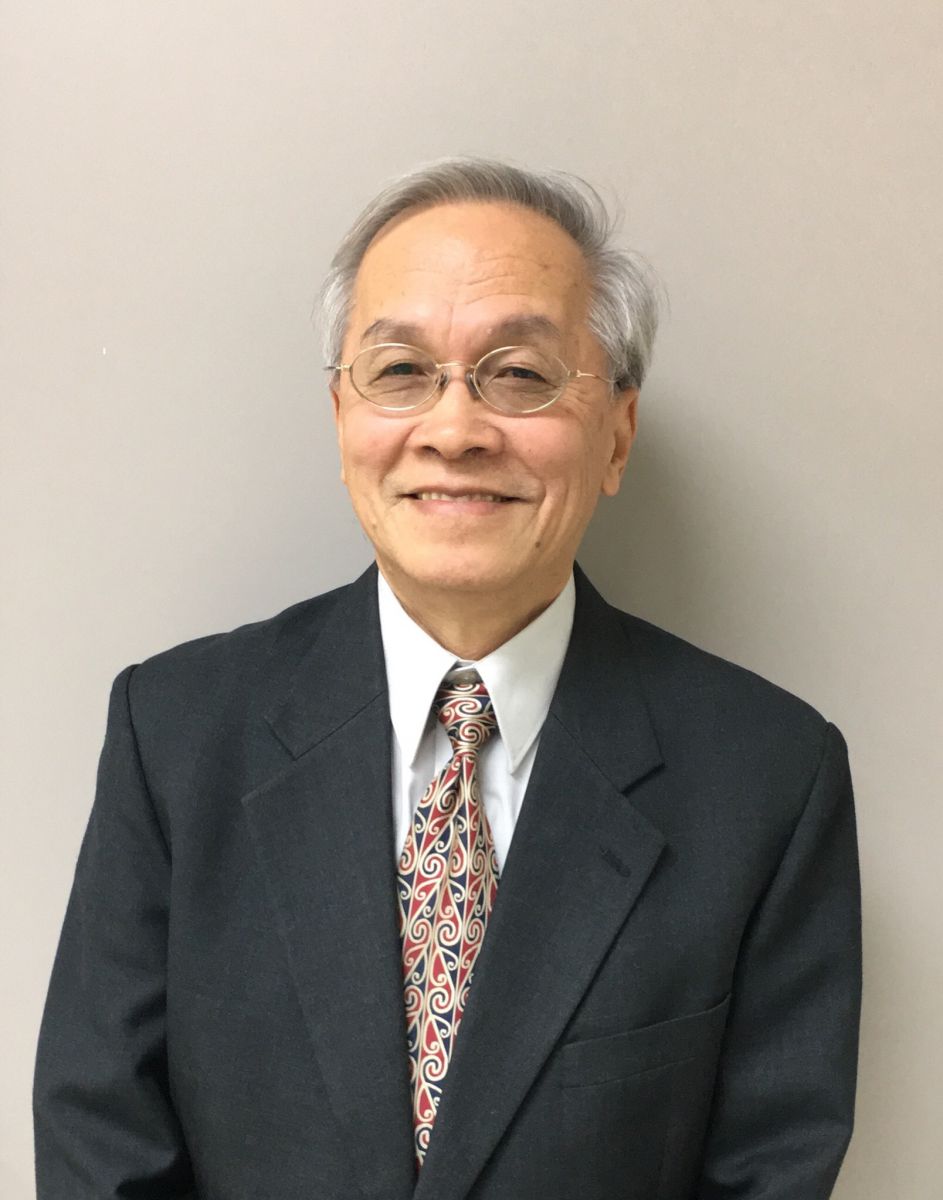Professor Wing-Huen Ip
 Biography
Biography

Wing-Huen Ip is Kwok-Ting Li Chair Professor at the Institute of Astronomy, National Central University (NCU), Taiwan. He worked at the Max-Planck Institute for Aeronomy (now Max-Planck Institute for Solar System Research) as staff scientist for 20 years before returning to Taiwan in 1998 to teach. He served as Dean of Science and Vice President of NCU and then as Vice President of the University System of Taiwan. Among many community service activities, he was Founding President of the Asia Oceania Geosciences Society (AOGS) with Headquarters in Singapore.
Ip received his Bachelor degree in physics from the Chinese University of Hong Kong, Master degree from the University of Pittsburgh and PhD from the University of California at San Diego. He holds an honorary doctoral degree from the Macau University of Science and Technology. His research interests cover from planetary science, space plasma physics to exoplanets. He participated in several major planetary exploration missions including the Giotto mission to comet Halley, the Galileo mission to Jupiter, The Cassini-Huygens Project to Saturn and Titan, and the Rosetta mission to comet Churyumov-Gerasimenko. For his scientific work, he was awarded the NASA Exceptional Public Service Medal, the National Chair of the Ministry of Education of Taiwan, the Axford Medal of AOGS, the Heavenly Quest prize of the Astronomical Society of the Republic of China, the Kuiper Prize of the Division of Planetary Science, American Geophysical Union, the TWAS Prize on Earth, Astronomy and Space Sciences, and the COSPAR Jeoujang Jaw Award. He is Fellow of the American Geophysical Union, Fellow of the Physical Society of the Republic of China, Honorary Member of AOGS, and Academician of Academia Sinica.
Ip is currently leading a science education project called "Taiwan Top Science Student" with a view to enhance astronomy education and brain science to the primary and high school teachers and students, respectively, and to bridge the gender gap in STEM, among other things.
 Keynote Title
Keynote Title
To Dream the Impossible Dream
 Keynote Description
Keynote Description
What would be the impossible dream of an educator, especially that of a science educator?
I suppose that we all want one if not more of our young students to one day be a Nobel prize winner or Fields medalist. Or, some of them could be like Elon Musk or Mark Zuckerberg heading world-shaking high-tech companies. What are then the basic ingredients and shared traits of Nobel prize winners? They include creativity, open-mindedness, persistence and collaborative spirits. The discovery of the Double Helix by Francis Crick and Jim Watson is an outstanding example. As for Elon Musk and Mark Zuckerberg, the common denominator would probably be empire building mentality, vision, hyper-productivity and individuality. No wonder that one of Zuckerberg's favorite books is "World Order" by Henry Kissinger, and "Foundation" by Issac Asimov is a must-read for Musk. Knowing these critical elements of academic achievements and entrepreneurship, how can we inject them into the curricula and extra-curricular activities of our students, gifted or not. Is this an impossible dream? But what would Elon Musk or Mark Zuckerberg say to that?